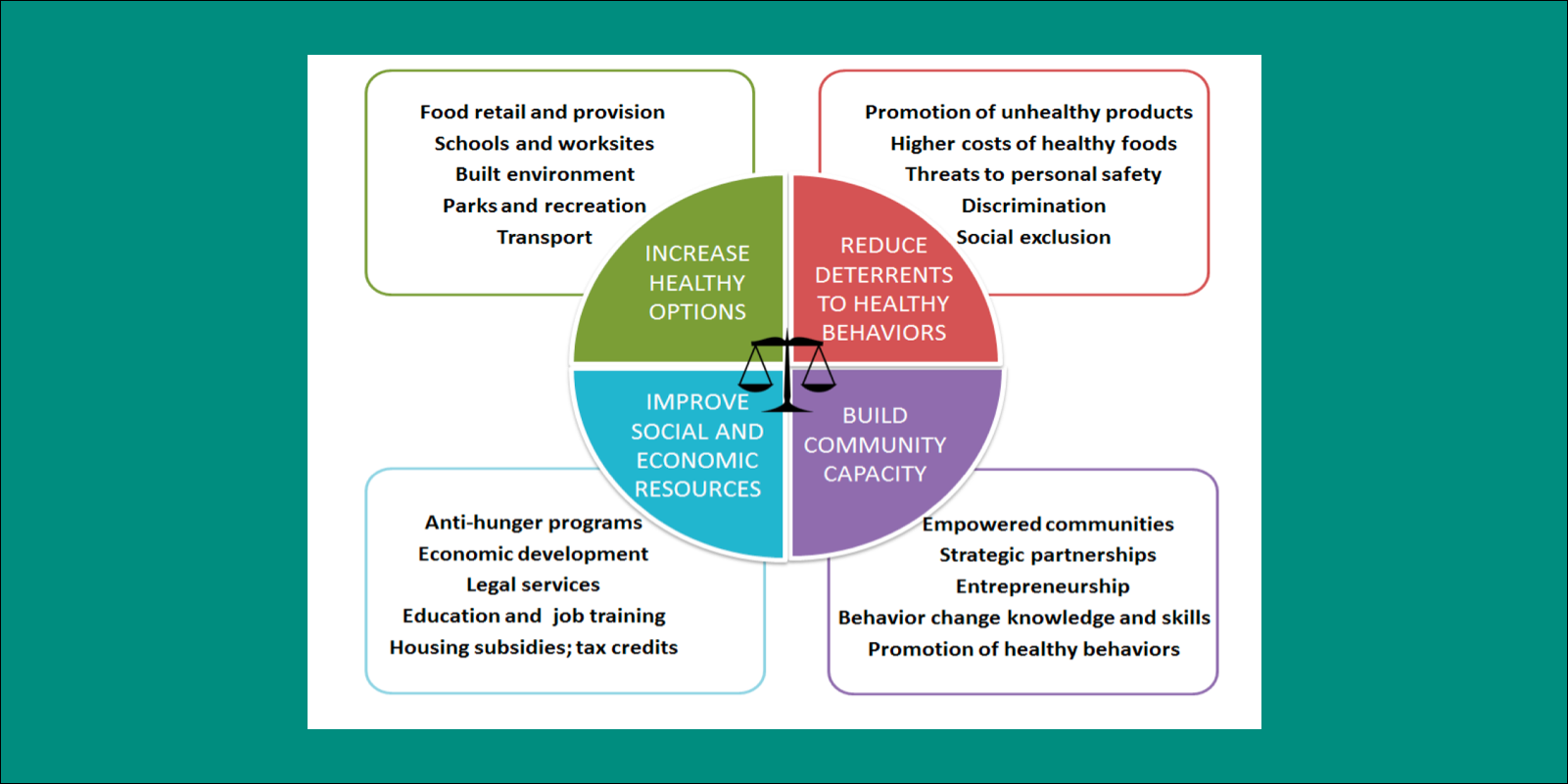In the last two decades, the National Institutes of Health invested in two major multi-center studies aimed at the prevention of obesity in low-income Hispanic and African American children. Despite state-of-the-art interventions, the trials failed to alter the trajectory of weight gain in their participants compared with controls. In a new commentary published in the journal Pediatrics, Bill Dietz, chair of the Redstone Center, discusses how the social and environmental conditions in many low-income communities may help explain the disappointing results.
"Efforts to increase healthy options and reduce deterrents to prevent childhood obesity have focused almost exclusively on changing behavior, knowledge and skills without changing the nutrition and physical activity environments that could make those changes possible," Dietz writes. The failure of these studies may suggest that more fundamental changes in community environments, such as building community capacity and improving social and economic resources, are required to reduce or prevent obesity in these high-risk populations, he says.
The commentary highlights several examples of adverse community environments that could have affected the outcomes of these studies, such as gun violence and other violent crime, and residential and/or food insecurity, underscoring the need to focus on social, economic and physical environments to prevent obesity in low-income and minority populations.
Dietz points to a new framework for equity in obesity prevention as a potential tool to address the challenges identified. "As the framework indicates, broad strategies around obesity prevention at the community level include efforts to increase healthy options, reduce deterrents, building community capacity, and improve social and economic resources," Dietz notes. Read the full commentary here.


